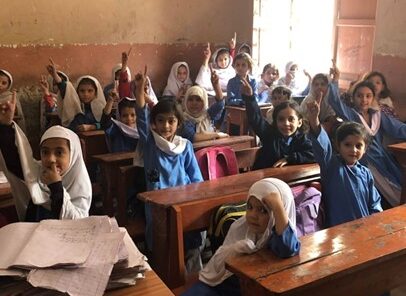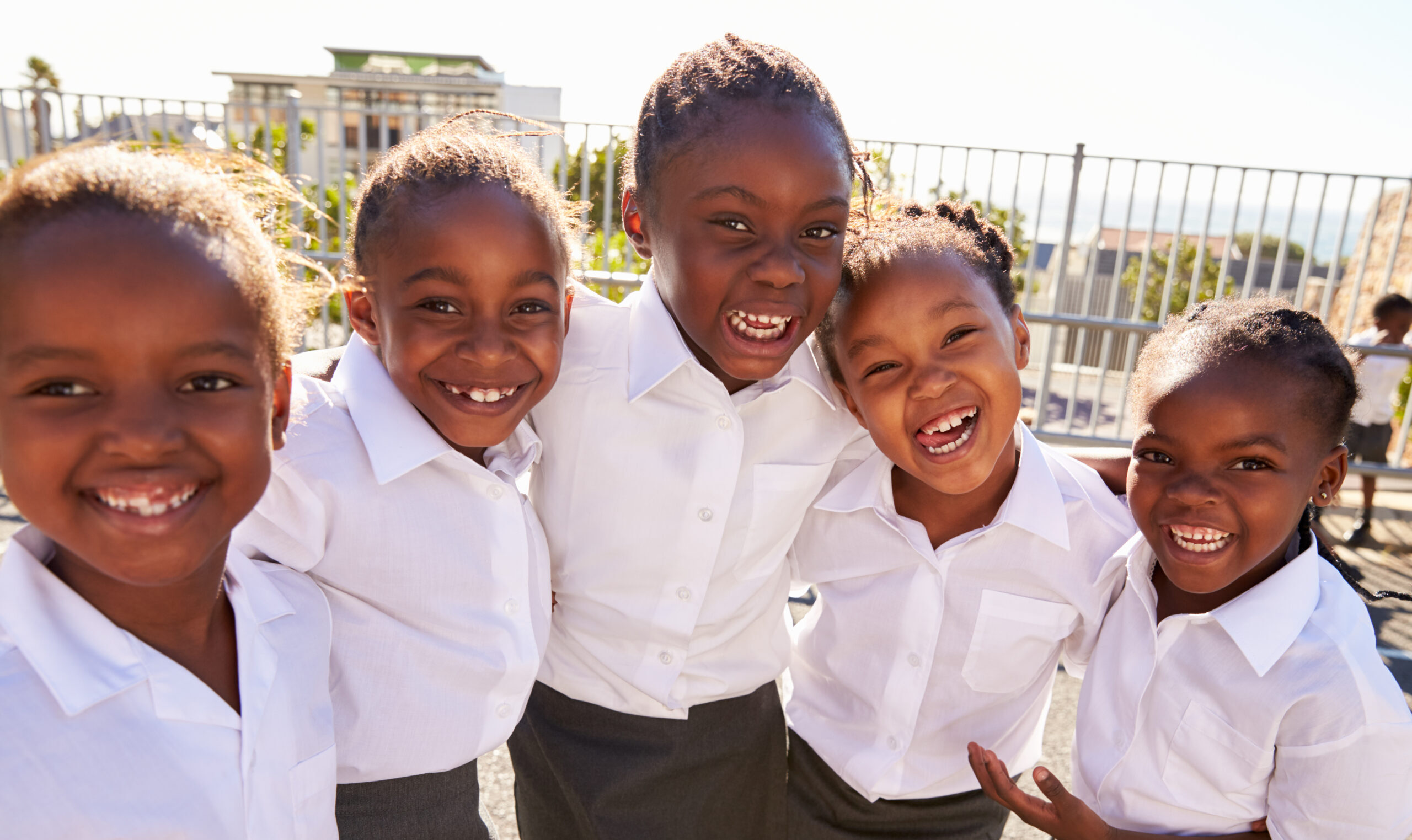Ensuring America Invests in Children Globally
By Leila Milani
October 10, 2025
When girls are given the chance to be healthy, safe, and educated, they step forward as leaders — organizing in their communities, advocating for justice, demanding an end to violence, and shaping solutions to the challenges around them.
October 11th is the International Day of the Girl, with the theme “The girl I am, the change I lead: Girls on the frontlines of crisis.” The crises that girls face are myriad. According to UNICEF:
- Young girls are twice as likely as boys not to attend school
- 1 in 5 women ages 20-24 were married as children
- 1 in 4 have experienced intimate partner violence
That’s why Futures Without Violence, ChildFund, and First Focus on Children are leading the Child Partnership, a coalition of 17 partners committed to creating lasting positive change in the lives of children and youth worldwide. We advocate to ensure children’s rights, safety, and leadership are placed at the center of U.S. foreign policy.
Along with Global Campaign for Education-US, International Justice Mission, and World Vision, our priorities are clear. We want to:
- Elevate girls’ voices and leadership.
- Advance a whole child approach. Girls need more than a single intervention; they need safe schools, strong health systems, supportive families, and communities free from violence. FUTURES’ Coaching Boys Into Men program is one example of how engaging boys on healthy relationships helps protect girls and builds cultures of respect.
- Advocate for greater U.S. investment. Investing in girls and children is a high-yield, future-oriented strategy. When every $1 invested in girls’ education yields up to $2.80 in returns, we know that girls in school today become innovators, workers, and leaders in societies that partner with the United States tomorrow.
- Build lasting structures of accountability. The Child Partnership is calling for the establishment of an Office of Children and Families at the U.S. State Department to ensure that child well-being — including girls’ education and protection — has a permanent institutional home.

U.S. foreign assistance has historically dedicated only 0.10% of the entire federal budget to children and youth globally. And recent debates risk cutting even that already modest investment.
One potential bright spot is a new position within the U.S. government focused on children globally. In his first 90 days, Special Envoy Charles Harder met with senior officials from the State Department, the White House, and the United Nations, as well as ambassadors from 14 countries, to align efforts on food security, education, child protection, and the eradication of child trafficking and labor.
These efforts delivered life-saving food supplies to five developing countries and expedited the completion of 17 schools in Malawi — concrete steps that underscore America’s ability to prioritize children’s well-being globally and help stabilize communities abroad.
When America invests in girls and children— when they are safe, educated, and able to lead — it not only changes individual lives. It unlocks girls’ power to drive solutions, strengthen societies, and shape a more just and prosperous future for all of us.



